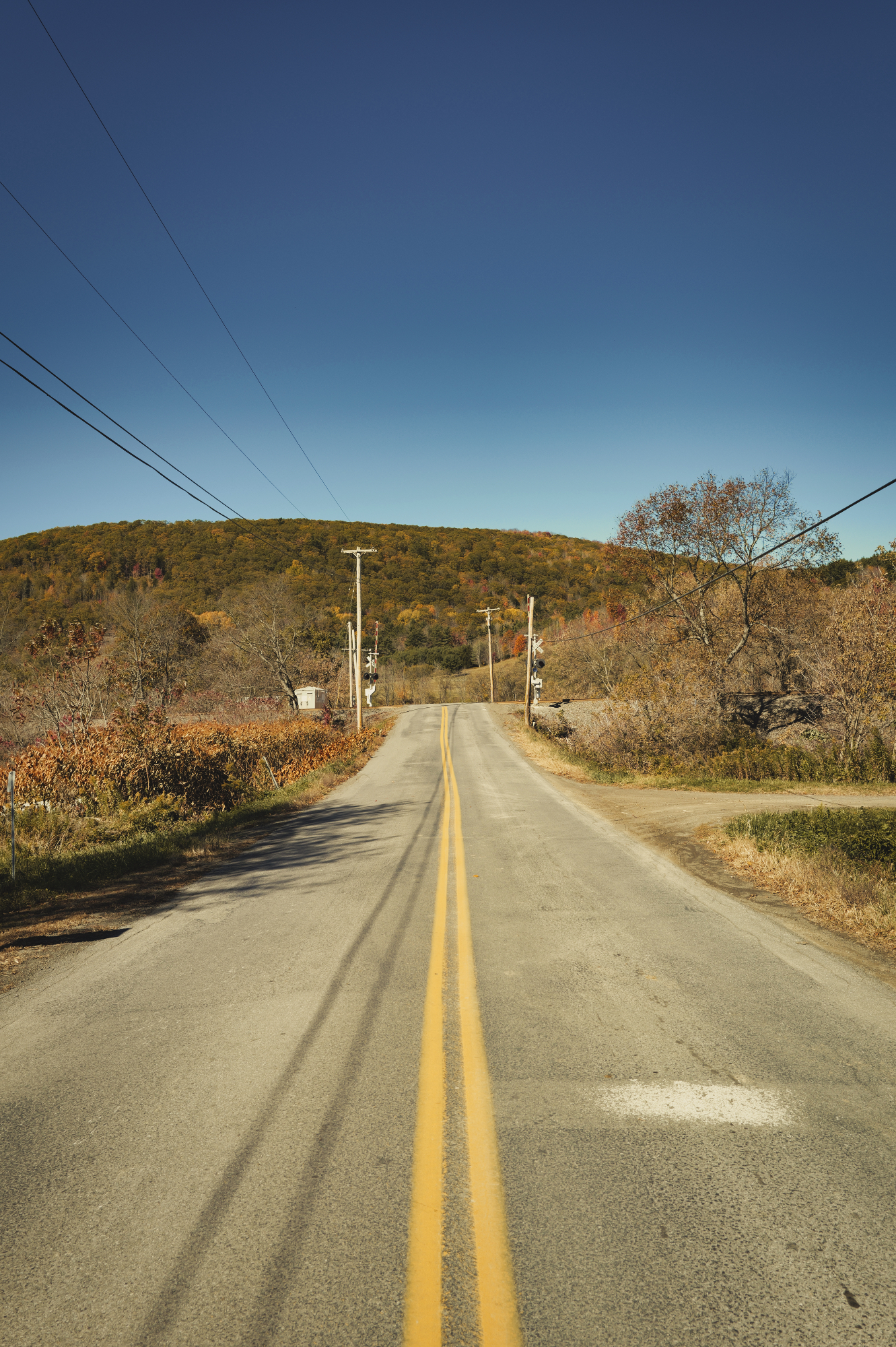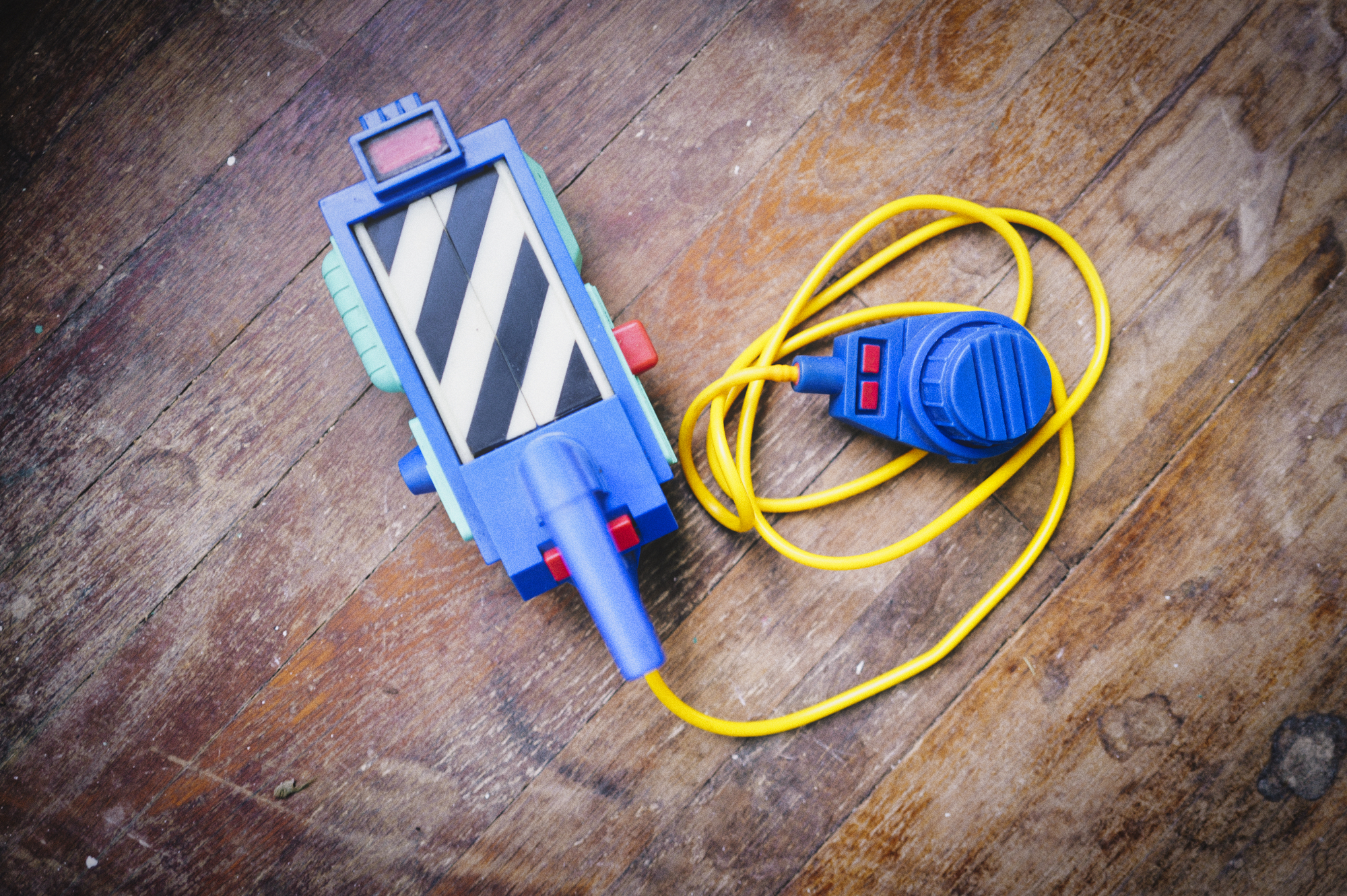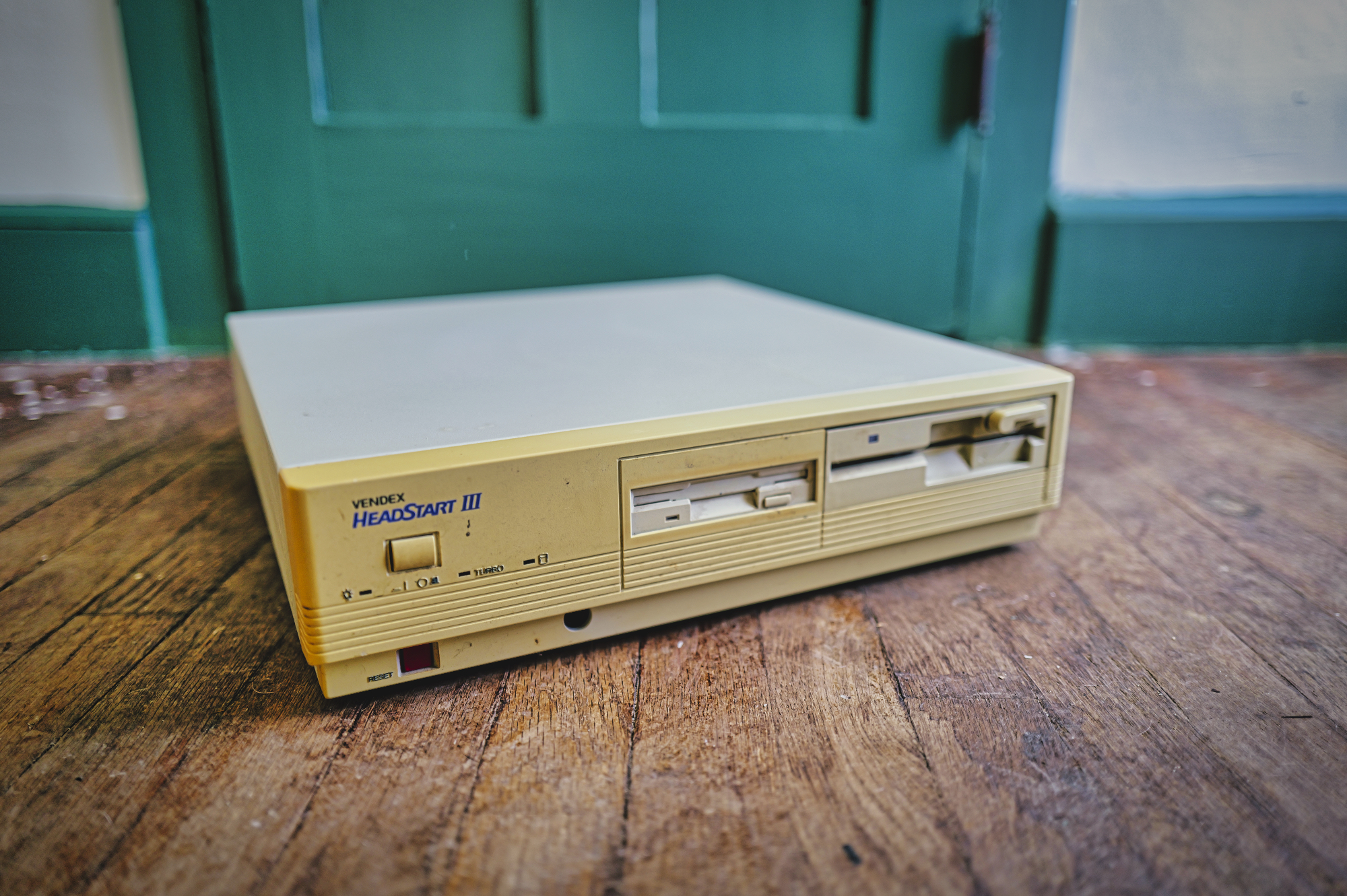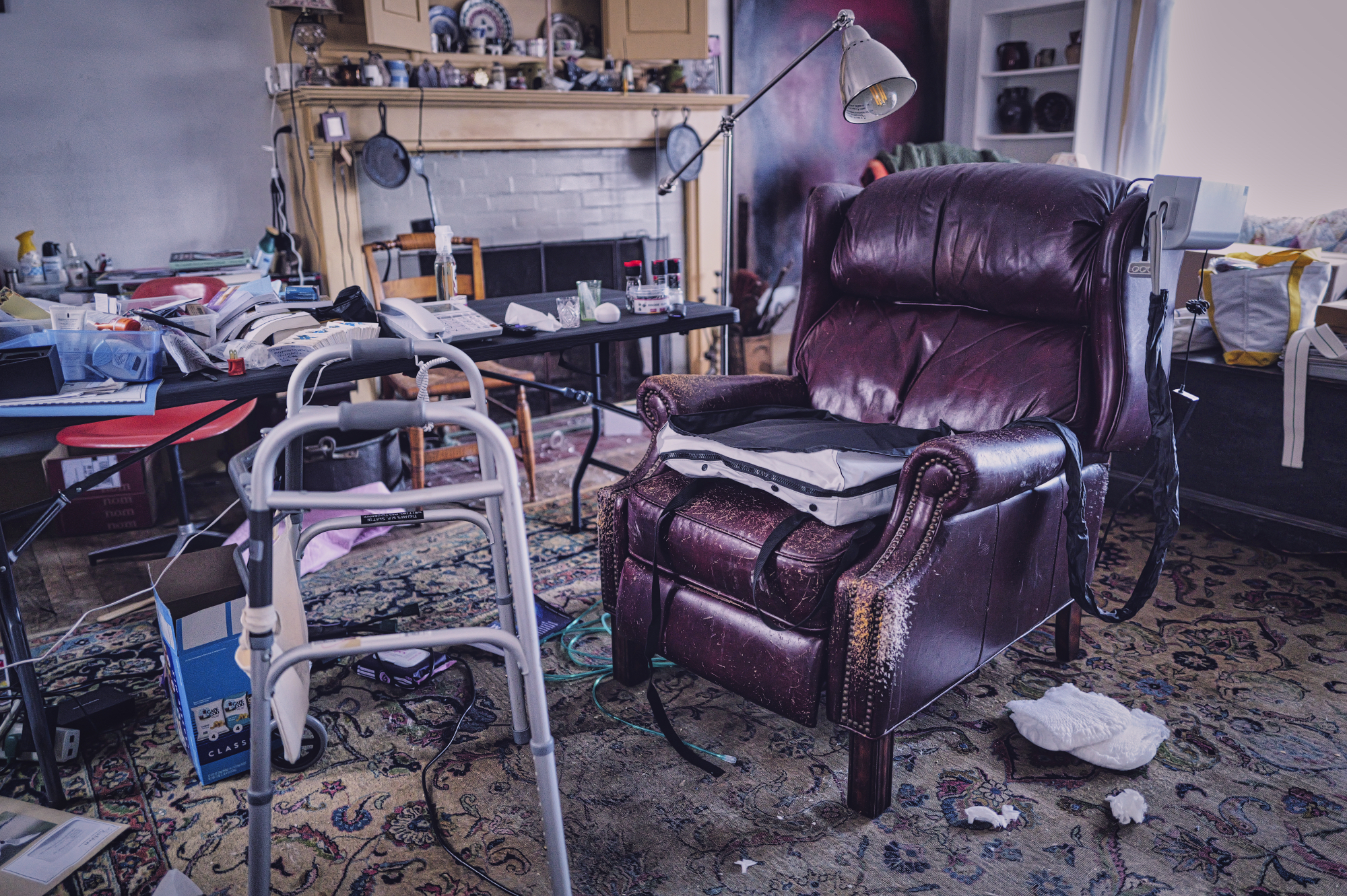

She/Her/Hers
Lesbian

|
EMILY PRATT SLATIN | About | Press Kit | Notebook |  She/Her/Hers Lesbian |
Former Career Fire and EMS Lieutenant-Specialist, Writer, and Master Photographer, living in Vermont.
October 17, 2025—Stamford, New York (Mom's House)
It was 10:23 PM, and the phone lit up like it had a grudge. New York City number. Same neighbor who's spent her whole life policing other people's air. I let it run a few rings because I already knew the script—she would scold, I would listen, and somewhere in there she'd appoint herself the foreman of my grief. I answered anyway. She launched into it—how rude I was for not informing her the instant my mother died, how I always hang up when she tries to "discipline" me. Discipline me. I am forty-six, not the small child she thinks still lives in the house next door. But sure, please, do call to scold me like I tracked mud into your foyer.
I let her go for a beat, then I cut the line clean: "Mom died this morning. Glad you found out. Thanks for calling. Okay bye…" Click. Relief like flipping a circuit breaker—quiet, sudden, absolute.

No one tells you how to prepare for the day your mother dies—you don't get a halo of gentle respect from the world. You still get junk mail, push alerts, a million questions via Facebook, and neighbors from another lifetime who want to rewrite your scene with their pen. The house is dim, the clock in the upstairs bathroom is too loud, and the leaves outside have the audacity to keep quitting the trees. And yet, somewhere just beyond the static, there's the first thin draft of freedom. Not the cheap kind—no confetti, no champagne—just the cessation of a pressure you've carried so long you mistook it for your spine.
This year would've been a lot by itself, even if Mom hadn't died. I went train hopping for the first time since I was young enough to think the world owed me a map—I decided to train hop all the way to New York City—hung my legs off steel in the dark just as the sun was starting to rise, and listened to America breathe through its rails. It was in that moment that I moved through the world in a golden ball; I was living my best life introspectively in that moment, while outside it's America.
I had a lesbian fling with a married woman, which is a sentence that requires no embellishment. We were a bright chemical reaction—brief, undeniable, risky as hell. She was married to a man and they had a small child together living under the same roof.
Amelia and I seporated for a little bit, then stitched the seam as best we could—what remains between us now is friendship that has been tested by fire and didn't burn, which is rarer than any romance we once tried to force to fit.
I sold my childhood home in New York City—resulting in numbers that look like someone else's life, but the ghosts still signed the closing papers with me.
I foolishly threw caution to the wind, hopped a flight to Nashville with the girl I raised from the age of two.
I finally had true hermaphroditism added to my medical record in a way that can't be erased by a lazy keystroke—my biology, in print, without euphemism or apology. And then, today, Mom died. The year did not build to that moment so much as it confessed it had been leading me there all along.
People want you to line it all up in a tidy arc. They ask things like what did you learn, or what would you tell your younger self? My younger self would not have listened, and honestly, she shouldn't have. The point of a year like this isn't the lesson—it's the ledger. What was taken, what was chosen, what was returned to sender. I cut cords I had knotted so tightly they'd grown into me. Some I severed with a calm hand, some tore free in the chaos. The absences clang less loudly than they used to. Freedom doesn't always sound like wings—sometimes it sounds like silence with good posture. I made some new friends, rekindled old bonds, and lost some people I thought for a short time were my friends.
I went urban exploring in Massachutts, where I intentionally put myself into situations that were risky in hopes of seeing things that nobody ever does. An abandoned chemical factory, a forgotten church, and a decomissioned public works facility. The same kinds of places that helped raise me as a child were the same places that added a tangible facet to the experiences I had this year.
I keep thinking about that house in New York, the one that sold. Money is loud in the papers, and very quiet in real life. The day the wire hit, I ate at Chipotle with Amelia in Erie, Pennsylvania, and washed it down with a Coke Classic because I am both a grown woman and also apparently still sixteen again, and lately it seems I'm sixteen for good. The sale of my childhood home didn't change who I am, as everyone predicted it would. It did not cancel out the grit. It absolutely did not fix grief. It did, however, buy me time, and provide opportunity—time to stand still long enough, and an opportunity to admit the things I know to be true.
The fling—there was laughter, there was warmth, there was the adrenaline of rule-breaking that felt less like sin and more like oxygen after sitting in a long, stale room for too long. I will not dress it up. It was real, it was reckless, it was wild, it was one time, and it ended. Not everything is a forever object; some things are a single spark that teaches you where the dry grass is. I bear no shame. I also bear the knowledge that I am, at core, a free-spirited creature who still believes in the clean honesty of friendship as the highest form of love. Amelia and I—still married on paper, but the daily choreography has changed. We are kinder like this. The house is calmer. We choose each other without expectation, which might be the truest way to choose.
As for Mom—there are parts I will keep to myself. There are parts I will never stop examining, turning them in the light like a flawed diamond. Love was there, and also weight, and also the kind of silence that trains you to scan every room twice. In our last conversation, she told me she was proud of me. Not the polite kind of proud that fills silence, but the kind that catches in the throat because it's been sitting there for years. She said that despite everything I'd done—all the choices, the detours, the labels that could've made any parent feel like they'd failed—I'd still turned out to be the best thing that ever happened to her. She laughed a little when she said it, then told me to check the attic as soon as I got home. I did. Beneath the insulation and decades of dust, I found everything my father had tried to erase from the house—boxes of the things he'd ordered gone. The man who once said, "There are to be no queers in the family," had been quietly outmaneuvered. She'd kept it all, every piece, tucked away where time couldn't touch it. She told me she knew from the very beginning that I was her daughter—the doctors had told her as much—and what she realized early on was that I was also gay. Apparently, Dad never got the memo. They're both gone now. The angry ghost of dad no longer lingers here.
 |
 |
I will probably still make it a point to return to the home that helped raise me, sleep in the quiet, invite a few old friends to sit on the floor with me and trade stories until the house feels like it used to. It will not be weird. It will be a small ritual that proves memory can be a place, not just a punishment.
When the dust in the field has flown, and I, the youngest of hearts, have grown, I don't ask for much—just that you don't bail on me when the quiet gets too honest. It's easy to love someone when the air is clear, when the sky behaves and the ground doesn't shift. Harder when the wind starts rearranging everything you thought was settled. I've learned not to beg for forever, only for presence—the kind that doesn't flinch when the story gets awkward, the kind that stays long enough to see how it ends. Because even the strongest heart, the one that's spent a lifetime running into burning buildings, still wants to know someone's out there watching the smoke fade.
I used to think freedom would feel like a parade. Turns out it feels like coming back from a call at 3 AM and finally turning off the radio—nothing but the sound of your own breath and a clock you forgot to hate. Today, after the paperwork, after the call, after the logistics that try to rush in and colonize the space, I felt it—the absence of what I have been carrying. Not joy. Not sorrow. Just the click of a lock that no longer fits any door I own.
If you want a moral, I do not have one. I have a list.
By the time you read this, the leaves in Upstate New York will have made their annual argument with gravity and lost. I will have swept the floor of my childhood bedroom twice—not because it needed it, but because motion steadies me. I will find something that broke in Mom's house and fix it as if she never left, drink water from the kitchen sink, and sleep under the kind of quiet you can feel in your heart. I will, occasionally, whisper the same little promise that has followed me my entire life—no matter what happens, I will always make it home safely. After being exiled by my late father thirty years ago, I've finally returned, realizing finally that not only did I survive, I thrived.

How mom spent the last year of her life. Caravans of ambulances and paramedics would follow, along with broken homes and broken hearts.
In memory of Anne Pratt Slatin
(October 31, 1944—October 17, 2025)
|
Copyright © 1998-2026 Emily Pratt Slatin. All Rights Reserved. About | Archives | EMD Codes | Notebook | Press Kit | Sitemap Made with grit in Vermont, USA. |